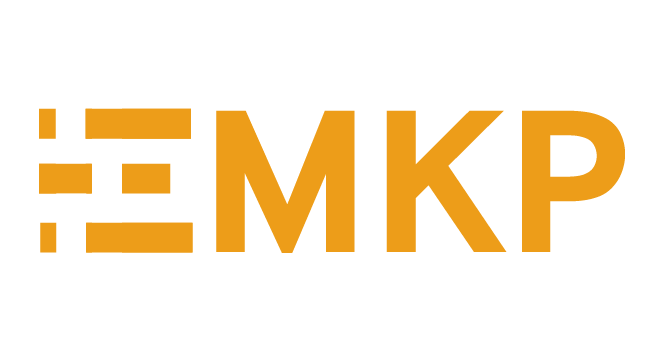This project aims to document seven (7) endangered crafts made from two species of raffia palms, namely Raphia vinifera and Raphia hookeri (ubodje and ogoro respectively in Urhobo). The crafts are produced by experts in the rural communities of the Urhobo people of the Western Niger Delta region of Nigeria. The crafts are bridal mats (eghwere epha) and bridal foot mats (ichihiawo), fish traps and containers (igen/itigen) and equipment for harvesting palm wine (uchiya-ogoro, ojeho (also called ogbeche) and oghwari ogoro). Weaving is the basic indigenous technology of the seven crafts. The detailed process of design and production of each craft will be documented. The procurement and preparation of raw materials will be described and analysed for each craft. The economic, cultural and aesthetic uses of the endangered crafts and their value chain will be explained in relation to the heritage of indigenous knowledge and technology involved in the production.
The goals of the project are to promote the sustainable rural economy of Urhobo people and to analyse the indigenous technologies and knowledge systems associated with the crafts. The project will also examine how modernity and availability of alternatives have influenced the decline of the craft industry. The gender profile of craft producers will also be examined to demonstrate how their socio-economic position affects the production and utilization of the crafts. Three rural communities of Esaba, Owahwa, and Gbaregolo are chosen as research locations. The project will cover twelve months. The research team will be with the consultants in the wild groves where raffia palms proliferate. They will record the process of harvesting the raw materials (ekpoho, ahon, igbahon, esara) from the raphia hookeri and raphia vinifera. The transportation of the materials to the production sites and the various processes of treating them (slicing, sun-drying, and packaging) for utilisation will be documented. The team will also record the creation and construction of the various crafts and their uses. Participant observation, interviews and visual/audio recording will be applied in data collection. The data will be analysed and archived locally and with EMKP repository.
PI:
Godini G. Darah
Collaborators:
Ese Odokuma-Aboderin
Akpobome Diffre-Odiete
Location of Research:
Esaba, Owahwa, and Gbaregolo communities in Ughelli-South Local Government Area of Delta State, Nigeria
Host Institution:
Bruce Onobrakpeya Foundation
Top Banner Image: A finished eghwere-opha (bridal mat) made by Madam Akpaunuse Kelue at Otọ-Owahwa, Nigeria (Photo: Akpobome Diffre-Odiete)
